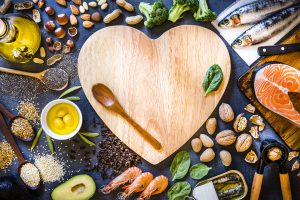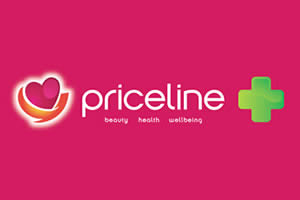Essential nutrients for teenagers
Published July 4, 2023
Healthy eating throughout the teenage years is crucial to support the body through this time of rapid growth and change. Unfortunately, this is usually easier said than done. Teenagers have higher nutrient and energy requirements, in many respects, than any other age group and relying on takeaway and junk food will not provide their bodies with the fuel they need. The good news is that small changes can make a big impact. To help your teen through this often challenging stage, we’ve created a simple list of essential nutrients they need and how to get their recommended intake from food.
Calcium
Teens need approximately the same amount of calcium each day as their grandparents! Adequate dietary calcium in adolescence is important to ensure growth and development of strong, healthy bones. To get the recommended daily intake of 1300mg, teenagers should include dairy products like milk, cheese and yoghurt, dark leafy greens, nuts and seeds, figs, beans and calcium-enriched soy or almond milk in their diets.
Zinc
This one is for teenage boys who need nearly double the amount of zinc than their female counterparts. Zinc is required to build connective tissue, support bone health, and is essential to support the male reproductive system’s l functioning. To obtain the recommended 13mg of zinc for boys and 7mg for girls, (14-18 years), each day, you could encourage regular consumption of oysters (good luck!) or incorporate beef, pork, turkey, cashews, almonds, peanuts, yoghurt and chickpeas into family meals.
B vitamins
Teens need a lot of energy to support their rapidly growing bodies, which is why you may notice their appetite soaring off the charts and your weekly grocery shop only lasting a couple of days! To help their bodies convert the food they eat into energy, teens need B vitamins. Teens on vegetarian or vegan diets or those who eat a large amount of processed, sugary foods are at risk of B vitamin insufficiency. So including foods high in B vitamins are essential for teenagers. B vitamins are found in whole grains, green leafy vegies, raw nuts and seeds, legumes, eggs, meat and poultry, so ensure you stock up your cupboard and fridge with a variety of these.
Iron
Getting enough iron is especially important for teenage girls to replace the blood lost during menstruation. Iron is necessary to form haemoglobin, a molecule that transports oxygen to the body’s tissues and assists with energy levels. Inadequate iron may be associated with poor general health and wellbeing, increased fatigue and poorer mental performance during adolescence. To help your teen achieve their recommended dietary intake of iron (15mg for teenage girls, 11mg for teenage boys) include meat, fish, poultry or lentils in family meals and pack nuts and dried fruit into their lunchbox.
VITAMIN A
Adequate vitamin A is involved in normal growth and development, eye health, and supporting our natural immune system function. Teenage girls (14-18 years) need 700µg of vitamin A each day, and teenage boys (14-18 years) require 900µg. To achieve the recommended daily intake of vitamin A encourage consumption of yellow/orange fruit and veggies like carrots, sweet potato, mango, rockmelon, squash and pumpkin, and full cream milk, eggs and green leafy veggies like spinach, broccoli and kale.
Helping your teenagers understand the importance of swapping junk food for fresh whole foods, will help them reach their potential and manage the rapid physical, mental, and emotional growth experienced during adolescence.
Always read the label and follow the directions for use.
MAT-AU-2501033
Learn about which Cenovis product may be appropriate for you.
SEE THE PRODUCTS HERE









